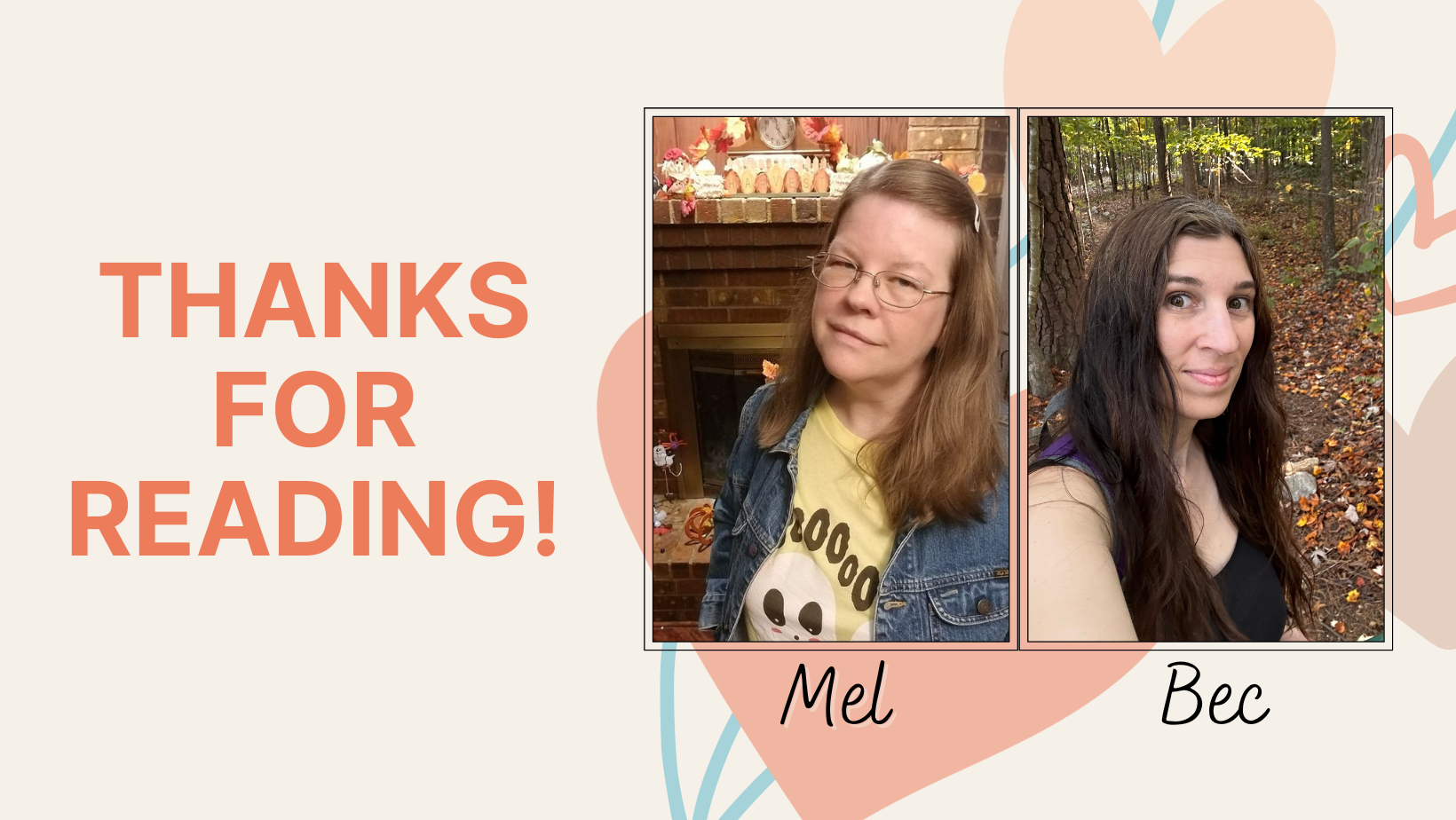Screen-Free Fun with Preschool Games
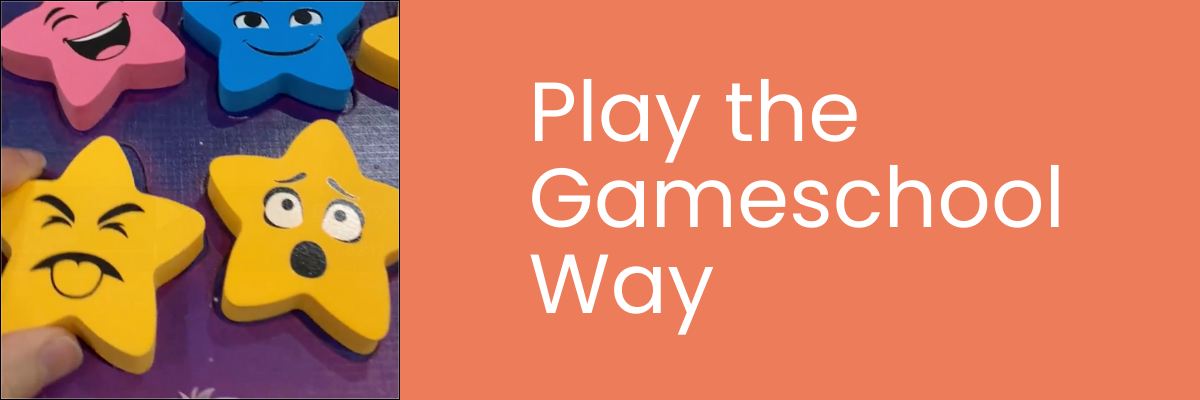
*We may earn commission from qualifying purchases or activity made through affiliate links below.
Never miss a blog.
Please check your email to complete signup.
Have a great day!
Are you looking for fun ways to keep your preschooler entertained and learning…and without screens?
Try board games!
Yes, there ARE board games out there for this age group - lots of them! We’ve included a list of some below!
Young children learn naturally through play. Board games offer a hands-on approach to practicing the skills that are important for growth and development.
We aren’t just talking about ABCs and 123s. Games also help kids practice things like fine motor skills, communication, social interaction, patience, focus, and emotional regulation.
In fact, our highlighted game this week, Wake Up Stars, is all about identifying and communicating different emotions.
It’s no secret that kids have emotions. Big emotions. Wake Up Stars gets parents and kids TALKING about them - which is a first step in learning how to regulate them.
27 Preschool Game Ideas
Wake Up Stars (highlighted below)
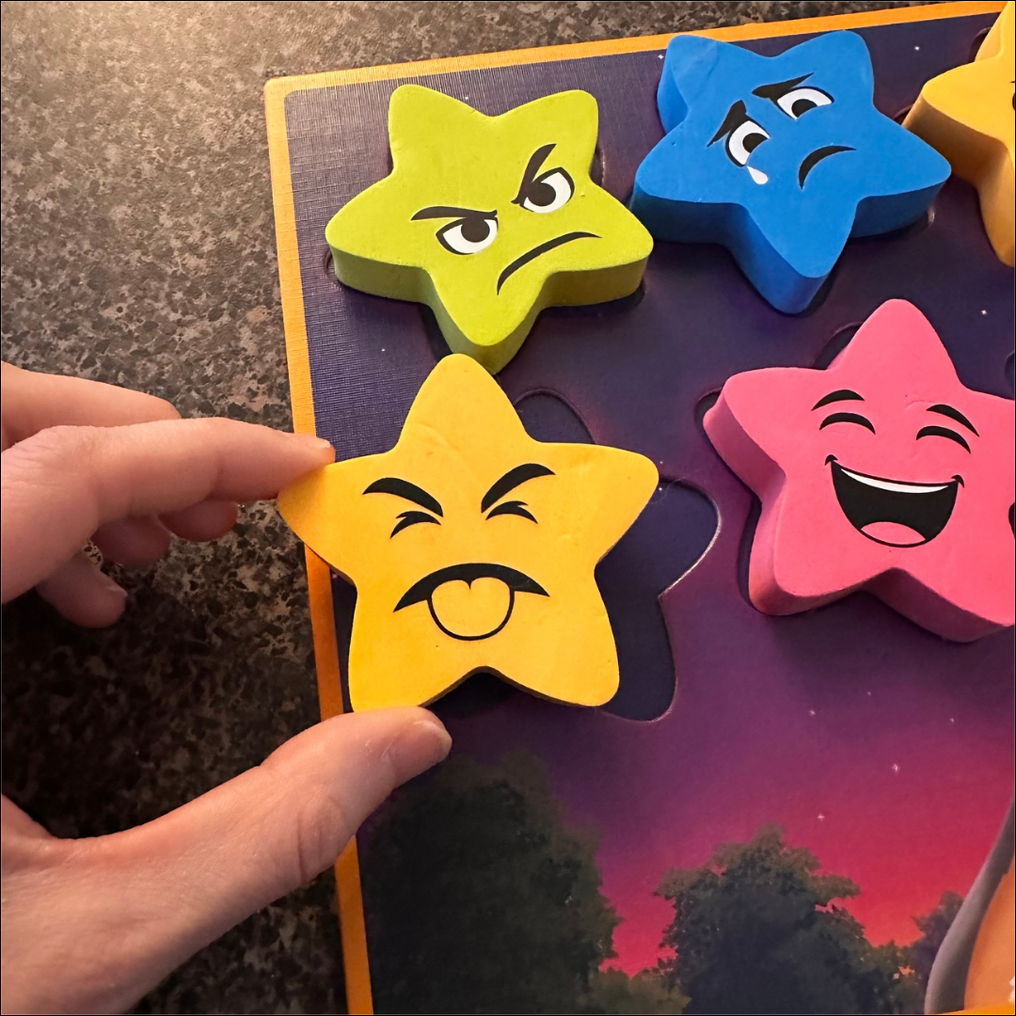
- Ages: 3+
- Players: 2-4
- Skills Practiced: Storytelling, Communication, Social Relationships
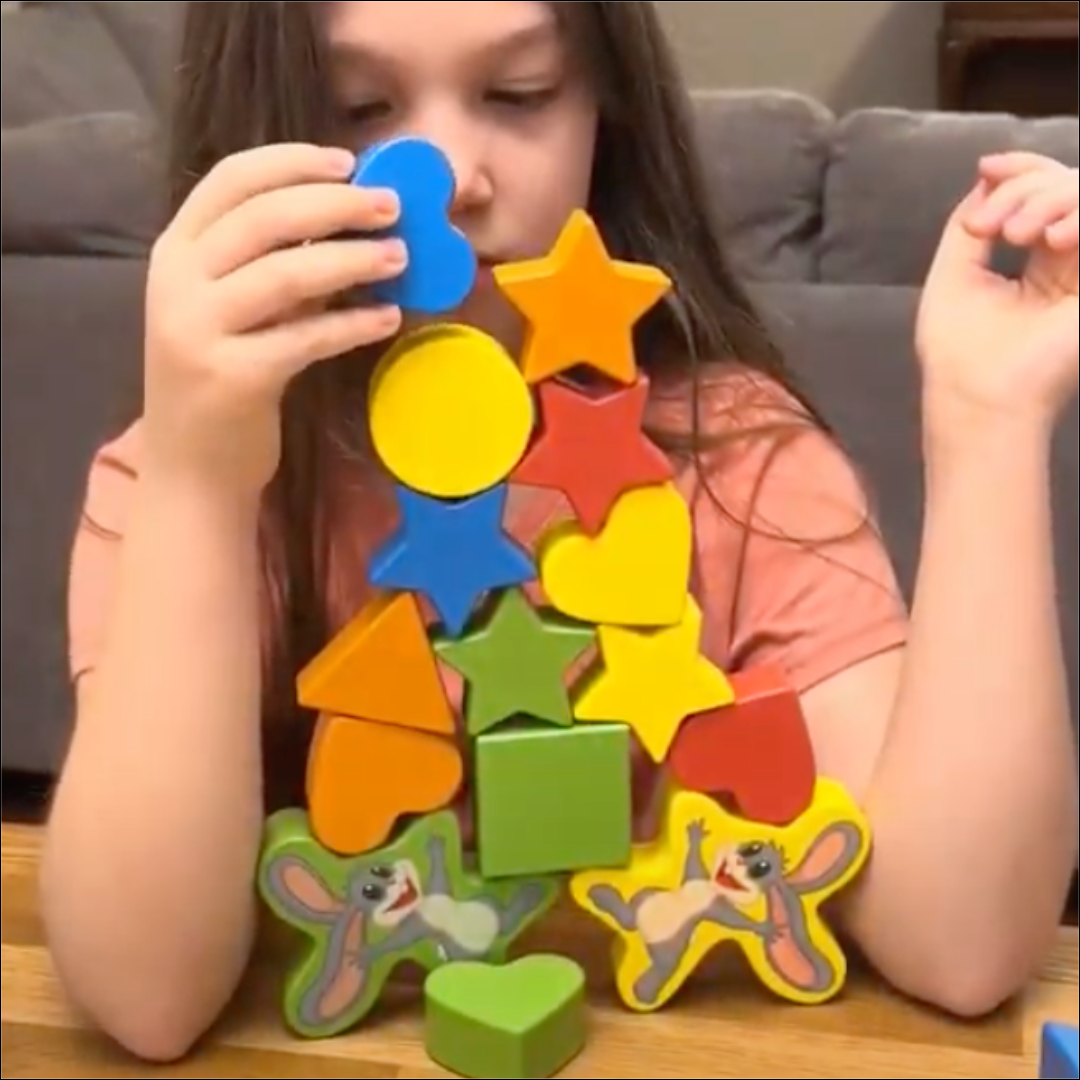
- Ages: 2+
- Players: 1+
- Skills Practiced: Colors & Shape Recognition, Fine Motor Skills
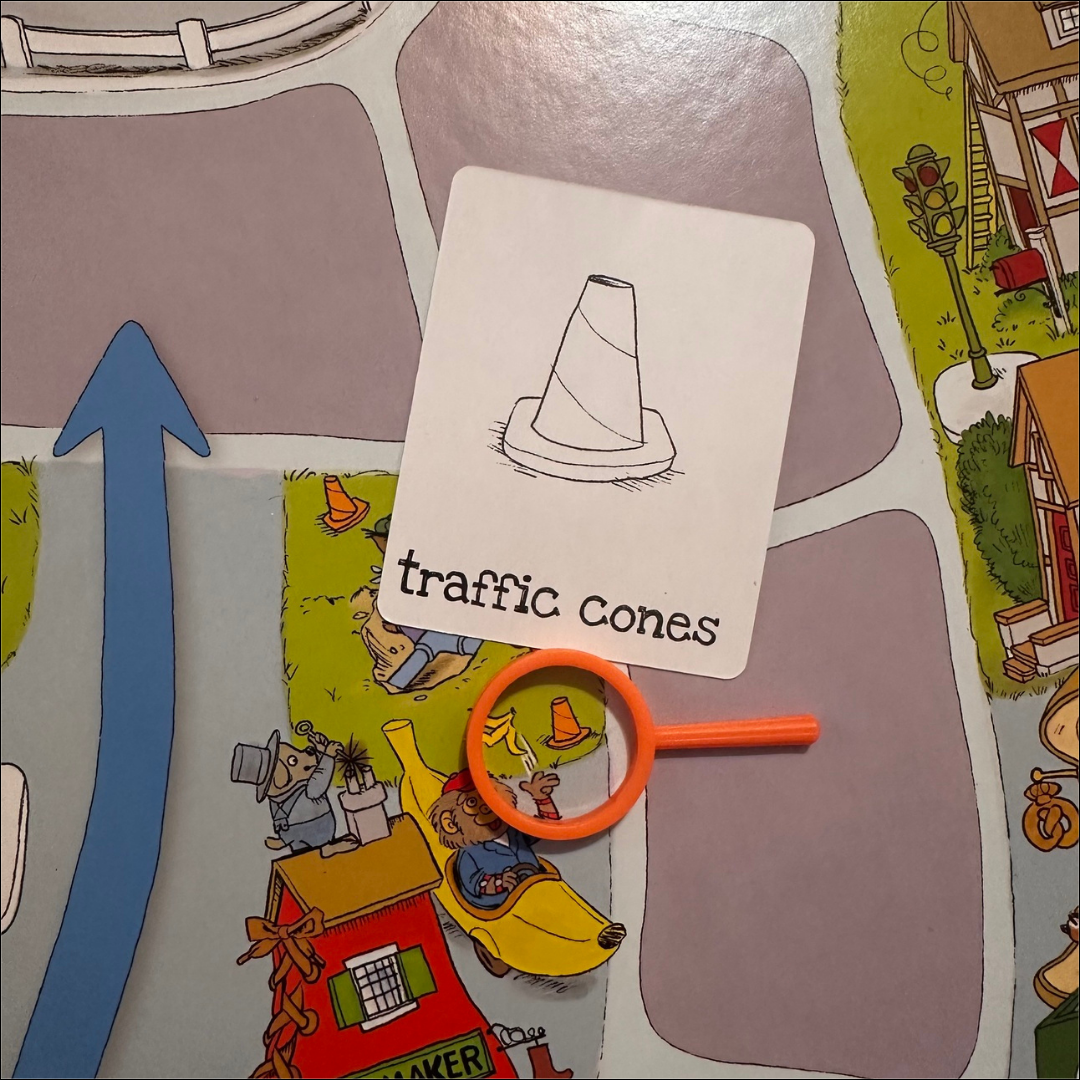
- Ages: 3+
- Players: 2-4
- Skills Practiced: Matching, Social Skills, Mathematics, Coordination
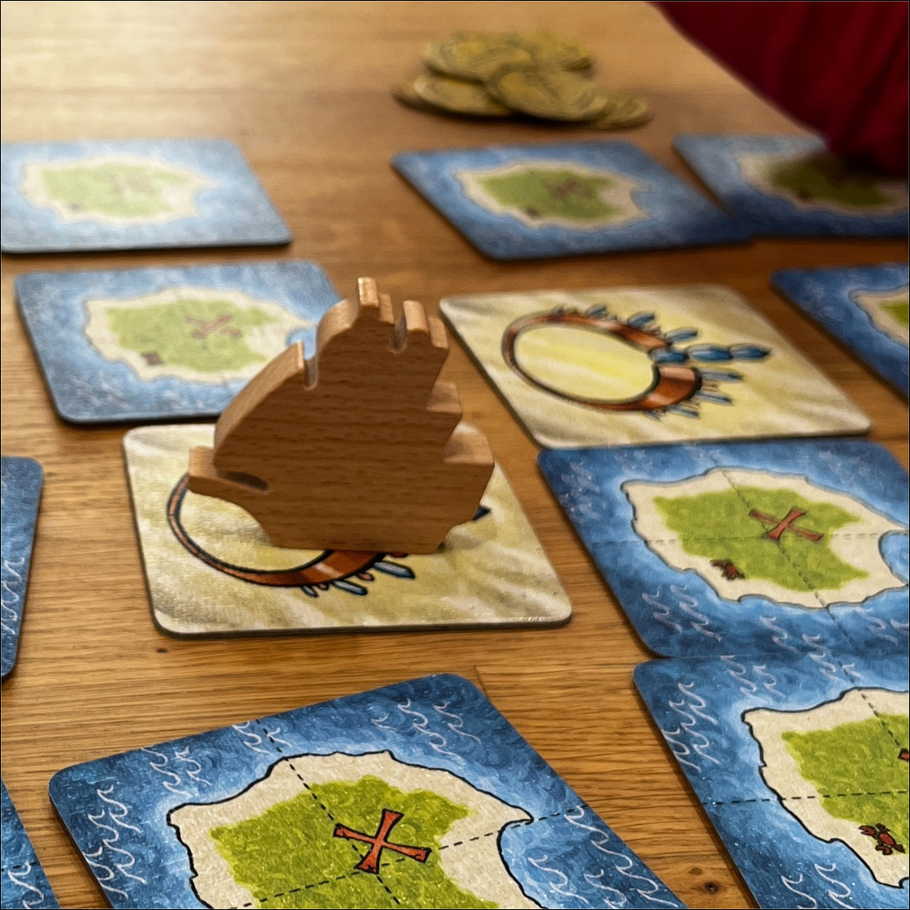
- Ages: 3+
- Players: 2-4
- Skills Practiced: Concentration, Memory
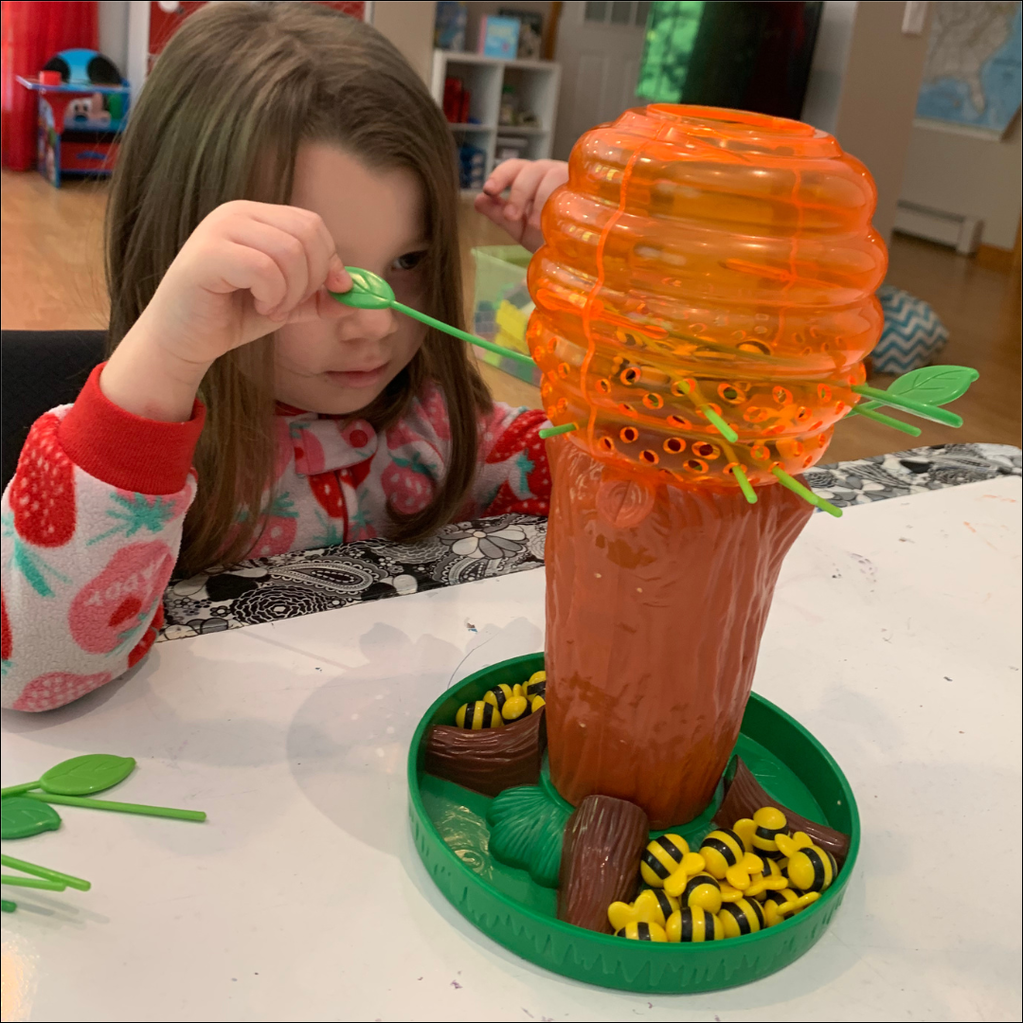
- Ages: 3+
- Players: 2-4
- Skills Practiced: Hand-Eye Coordination, Strategic Thinking, Dexterity
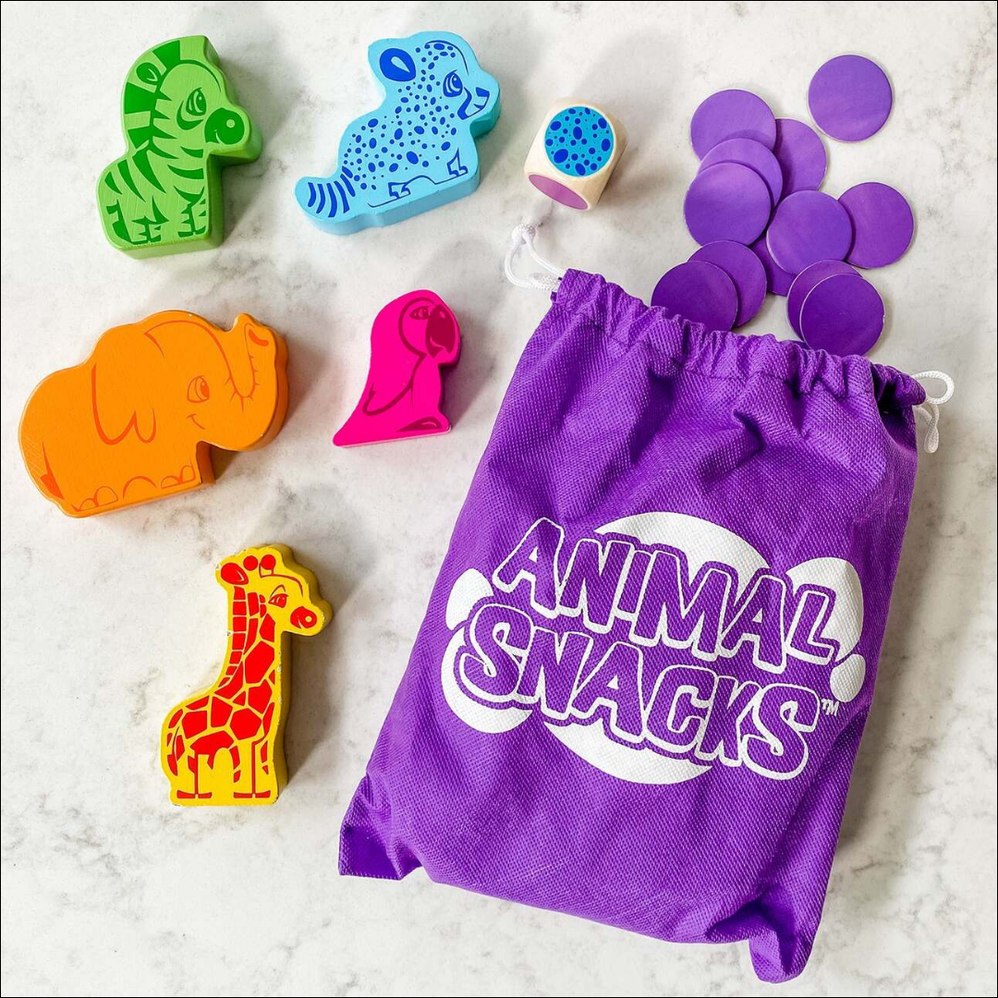
- Ages: 3+
- Players: 2-5
- Skills Practiced: Matching, Taking Turns
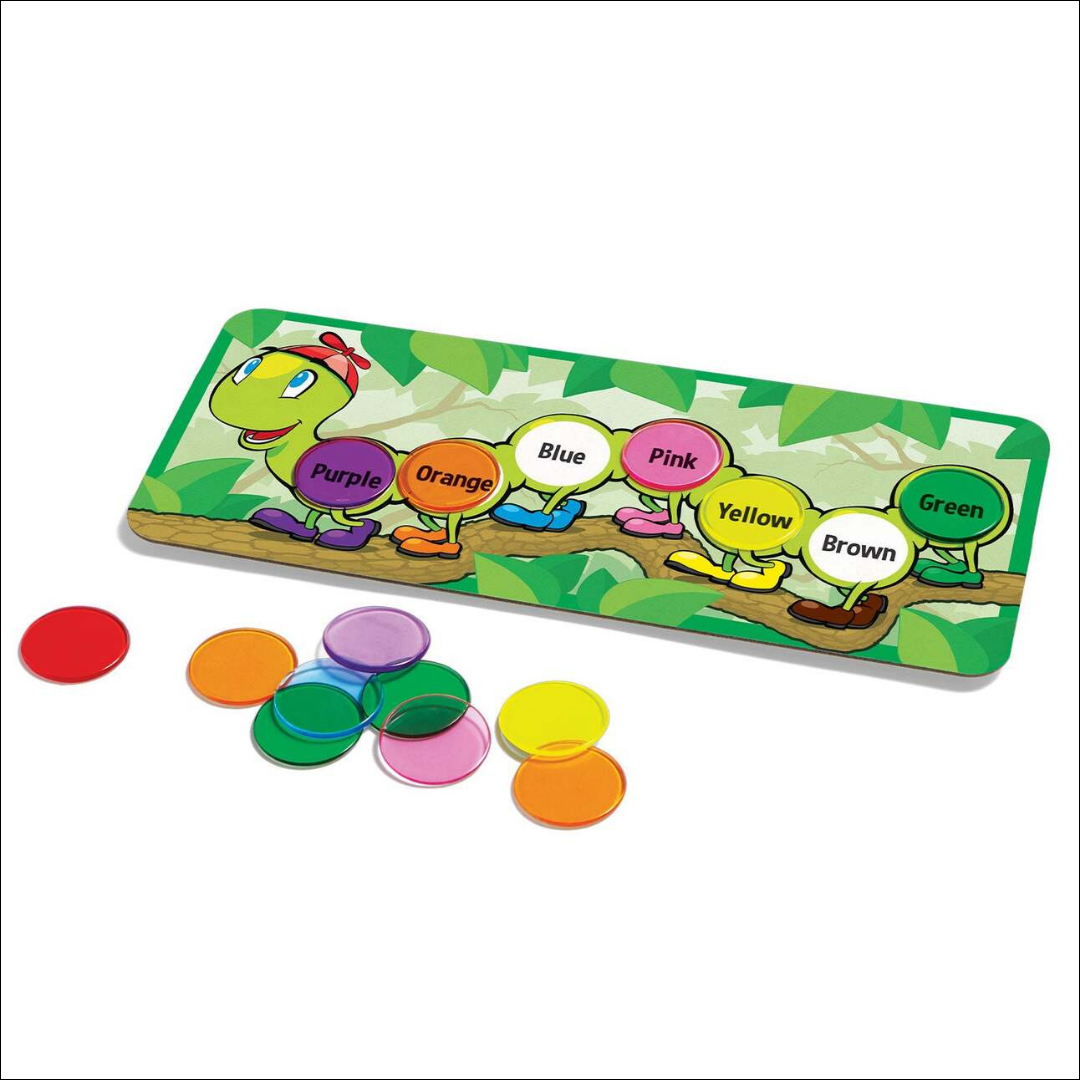
- Ages: 3+
- Players: 2-5
- Skills Practiced: Colors, Early Reading
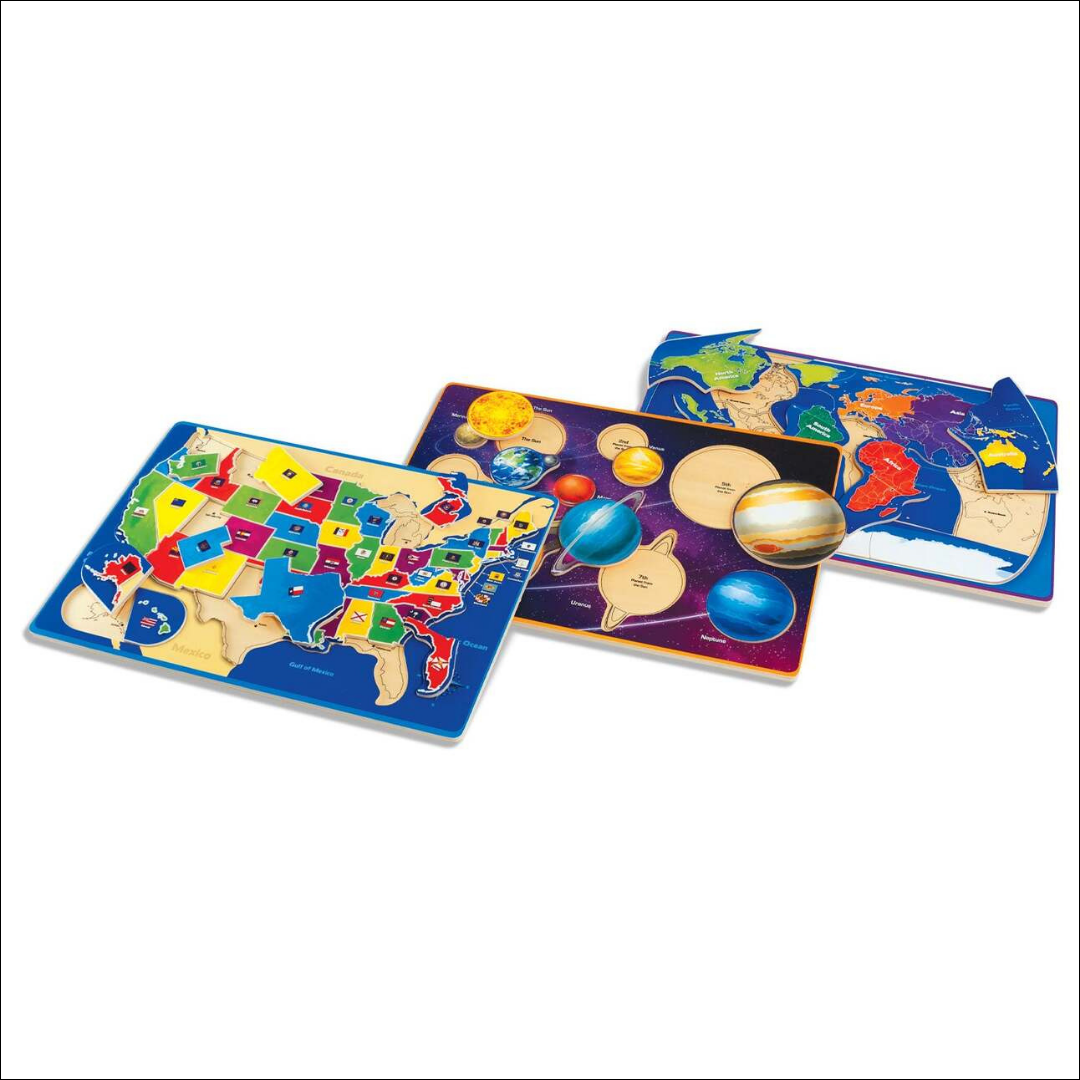
- Ages: 3+
- Players: 1+
- Skills Practiced: US & World Geography, Astronomy
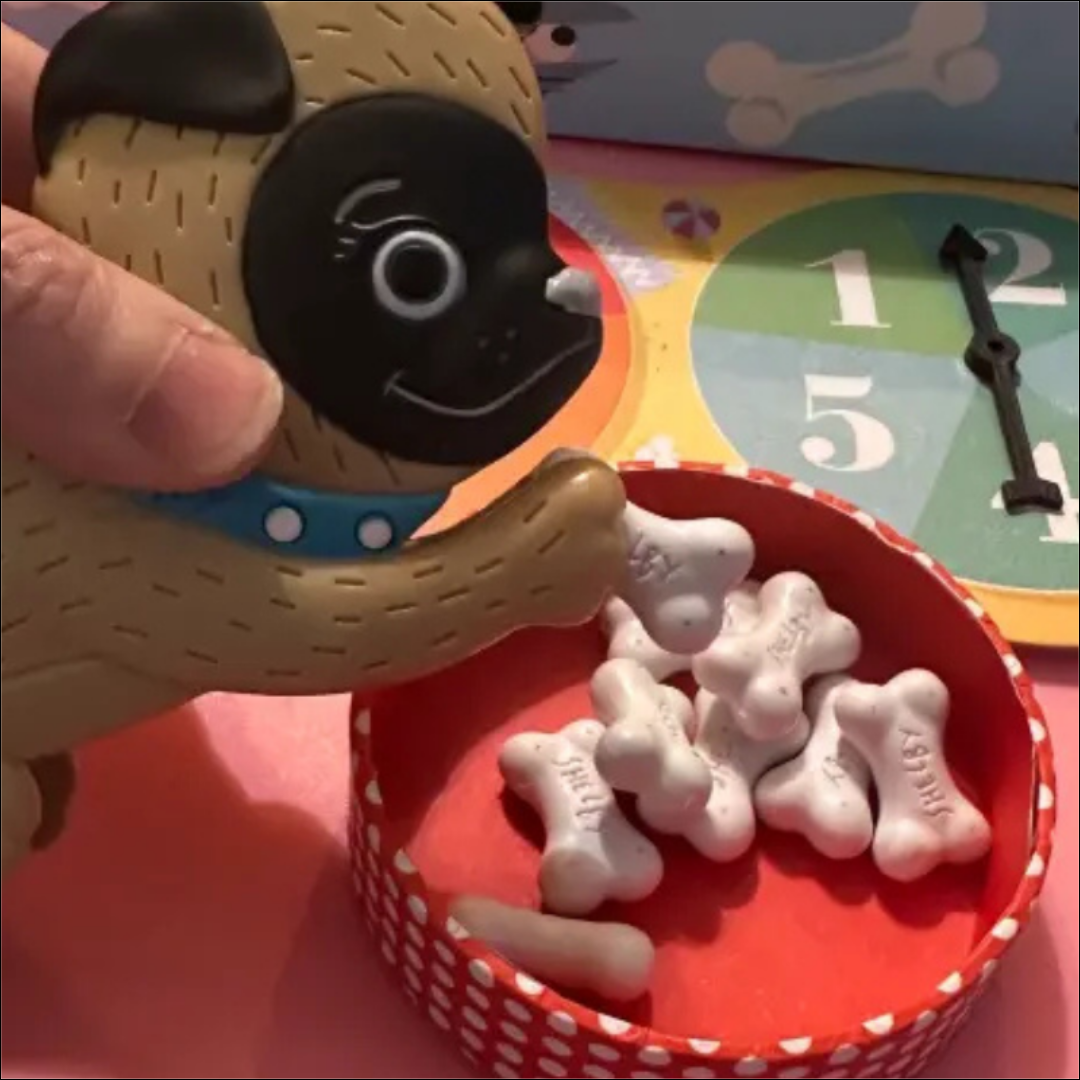
- Ages: 3+
- Players: 2-4
- Skills Practiced: Counting, Strategic Thinking, Fine Motor Skills
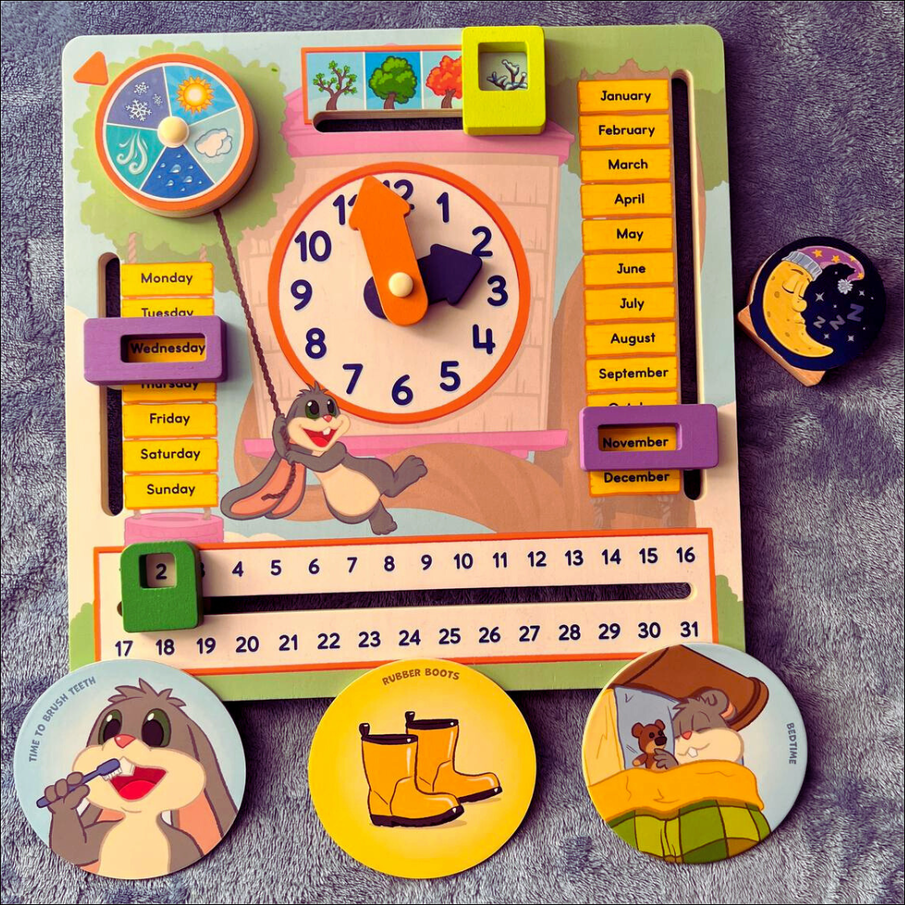
- Ages: 3+
- Players: 1-2
- Skills Practiced: Telling Time, Fine Motor Skills
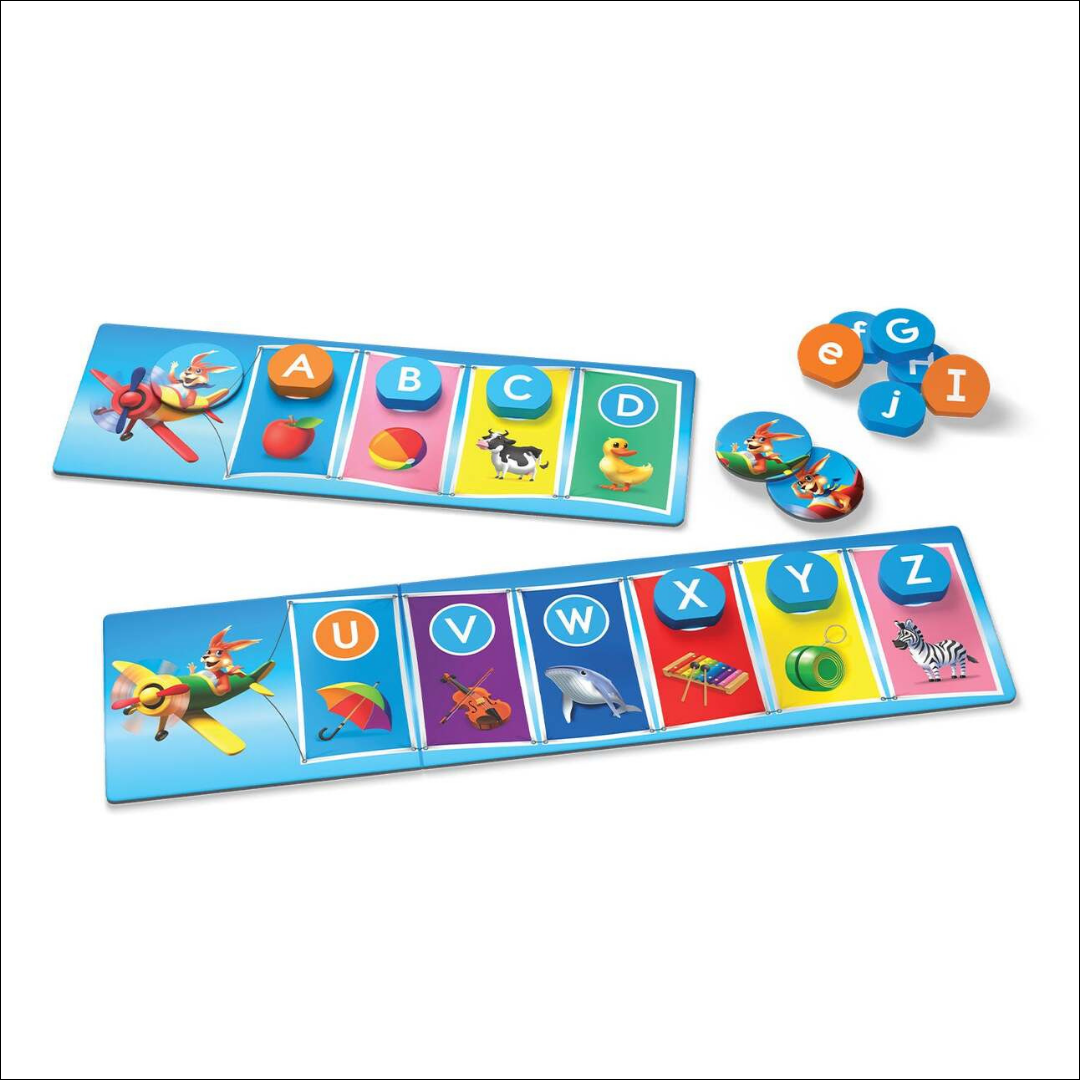
- Ages: 3+
- Players: 1-4
- Skills Practiced: Letter Recognition, Alphabet Sequencing
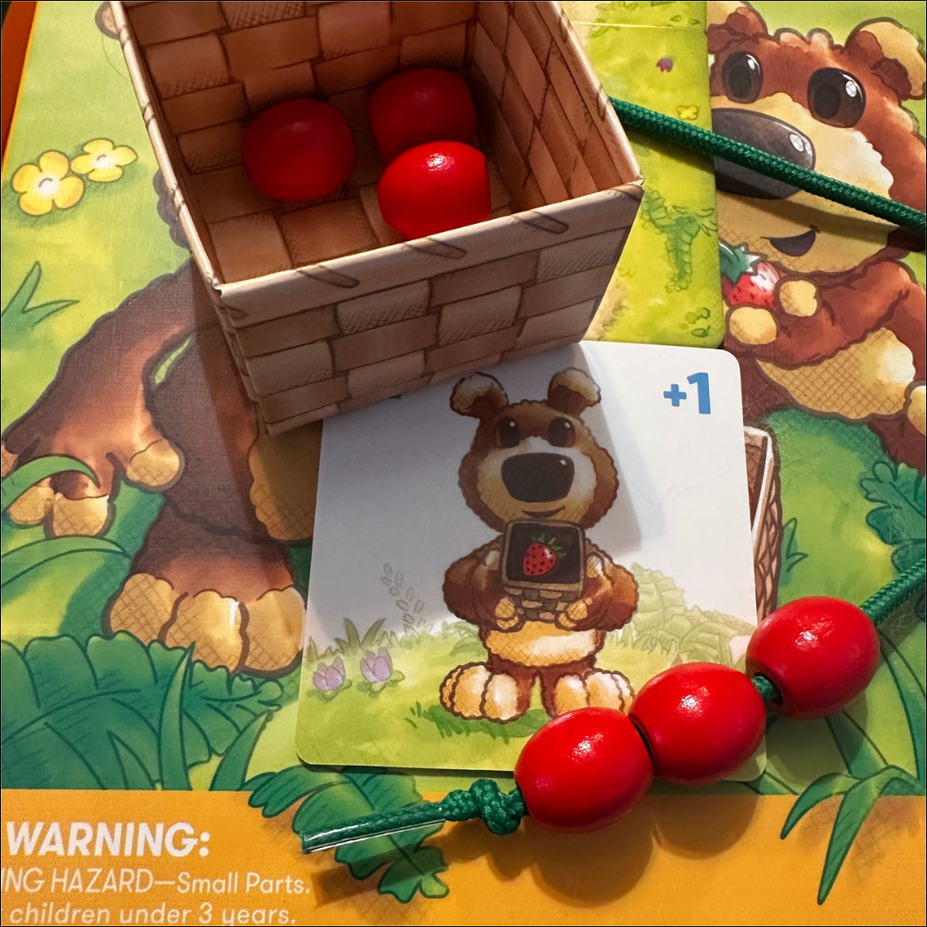
- Ages: 3+
- Players: 2-4
- Skills Practiced: Counting, Fine Motor Skills
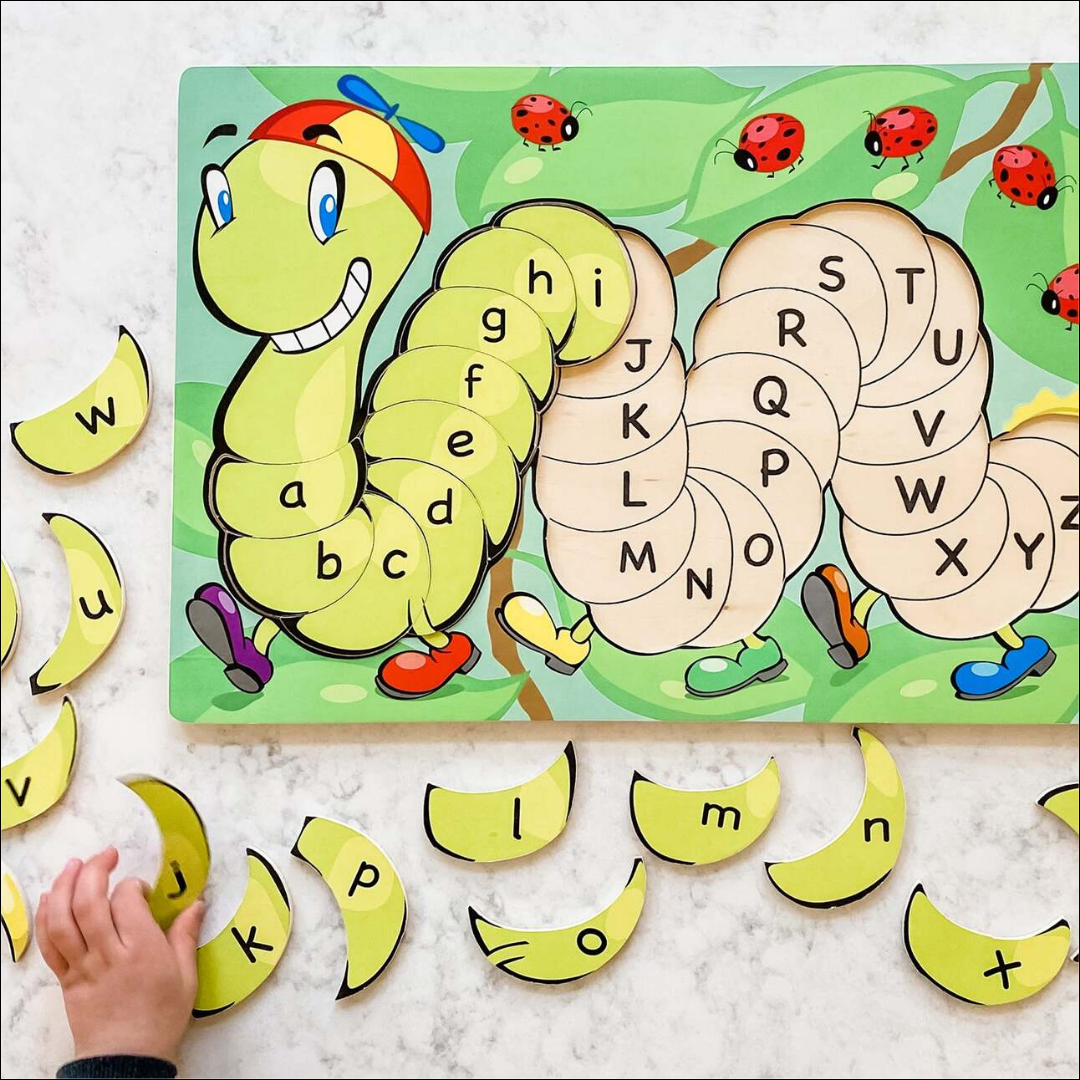
- Ages: 3+
- Players: 1+
- Skills Practiced: Shapes, Colors, Lowercase & Uppercase Letters, Counting
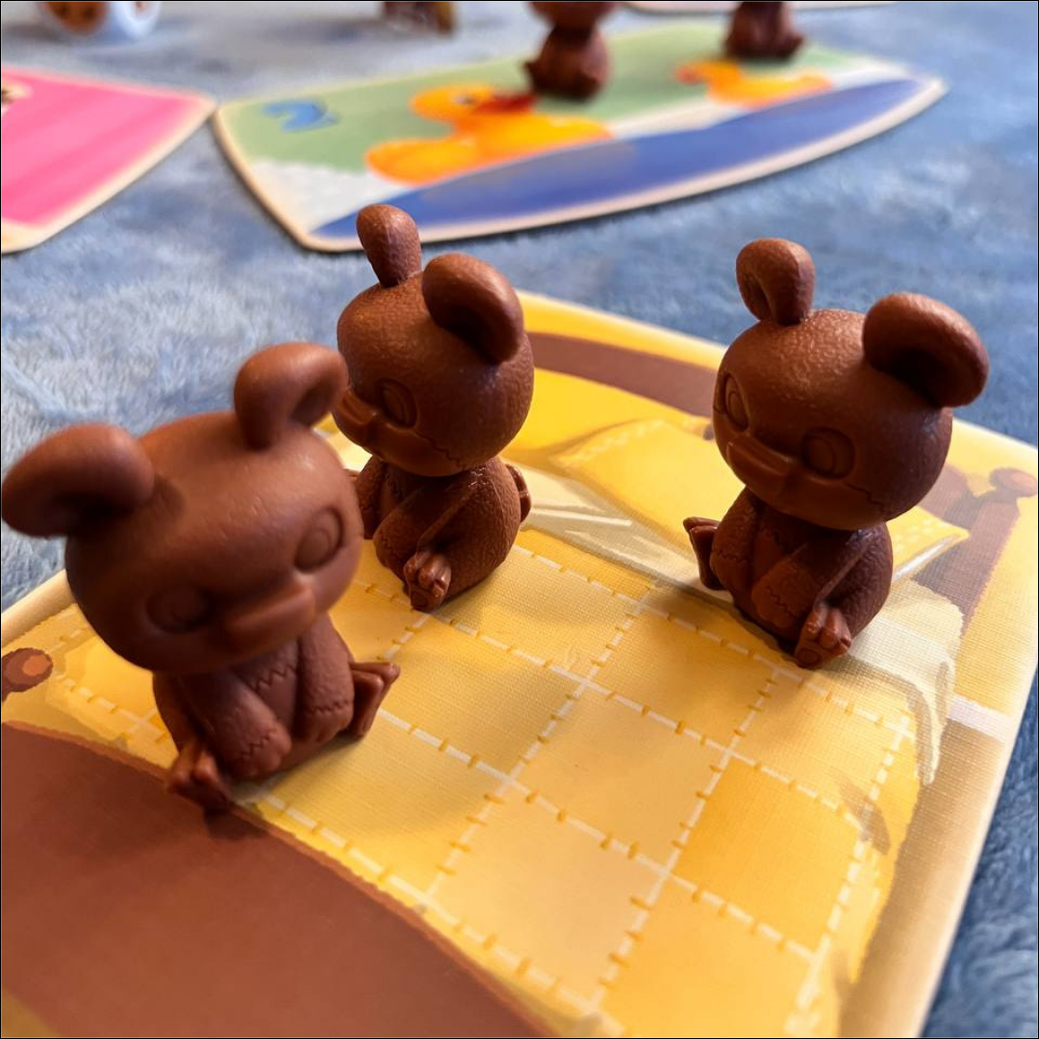
- Ages: 3+
- Players: 2-4
- Skills Practiced: Counting, Focus and Self Control
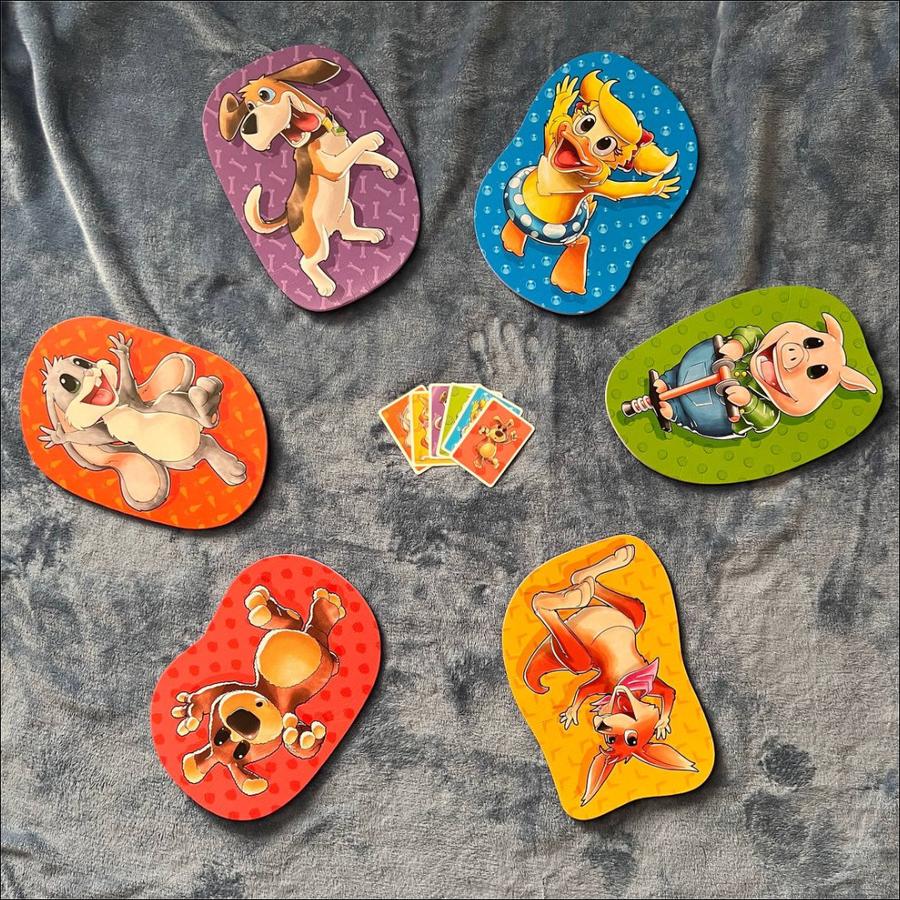
- Ages: 4+
- Players: 2-5
- Skills Practiced: Memory, Gross Motor Skills, Sequencing
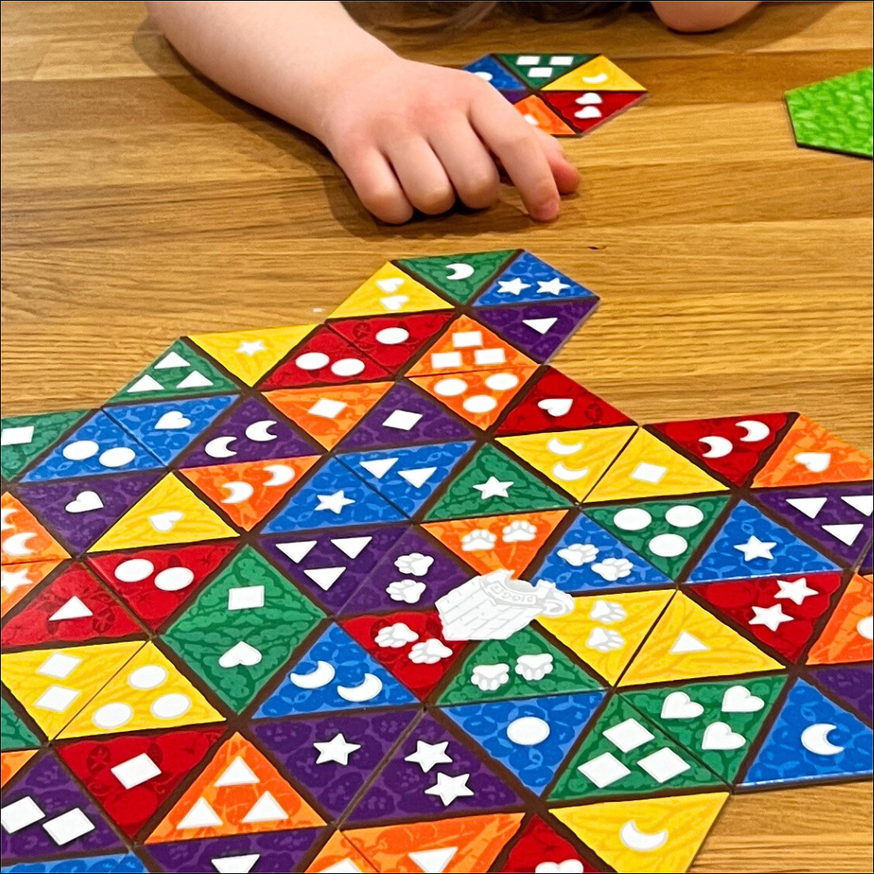
- Ages: 4+
- Players: 1-6
- Skills Practiced: Shapes, Colors, Counting
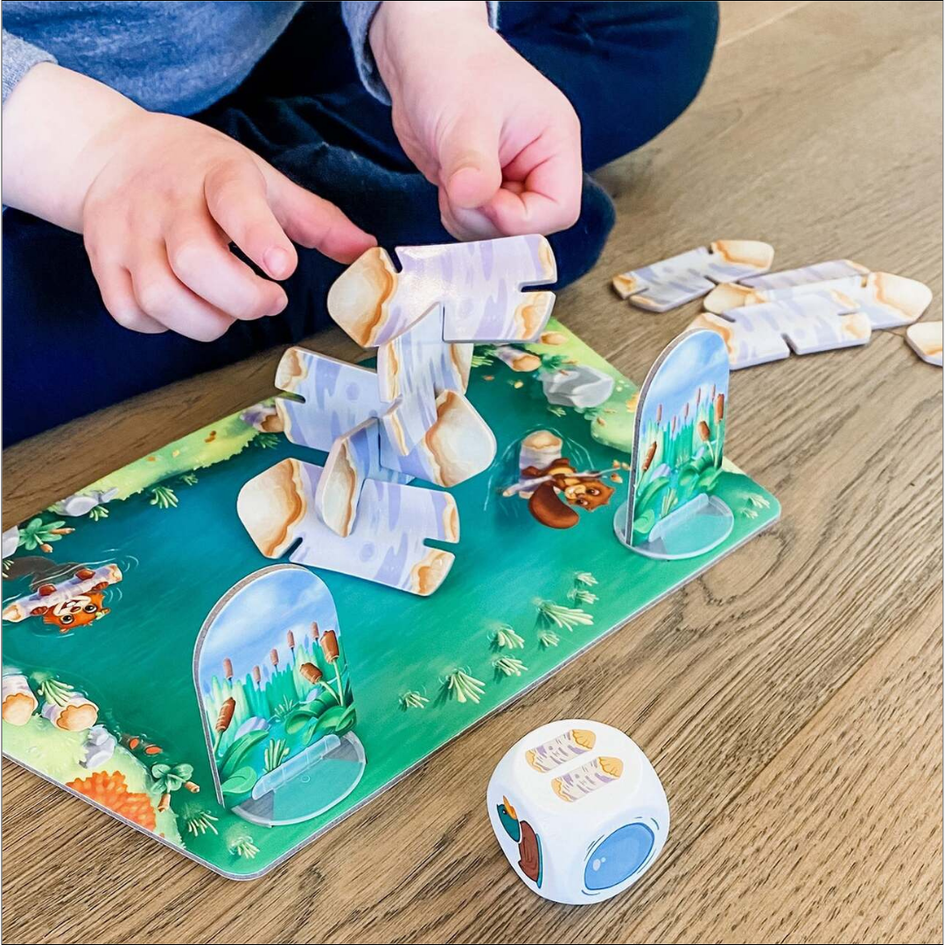
- Ages: 4+
- Players: 2-4
- Skills Practiced: Fine Motor Skills, Decision Making
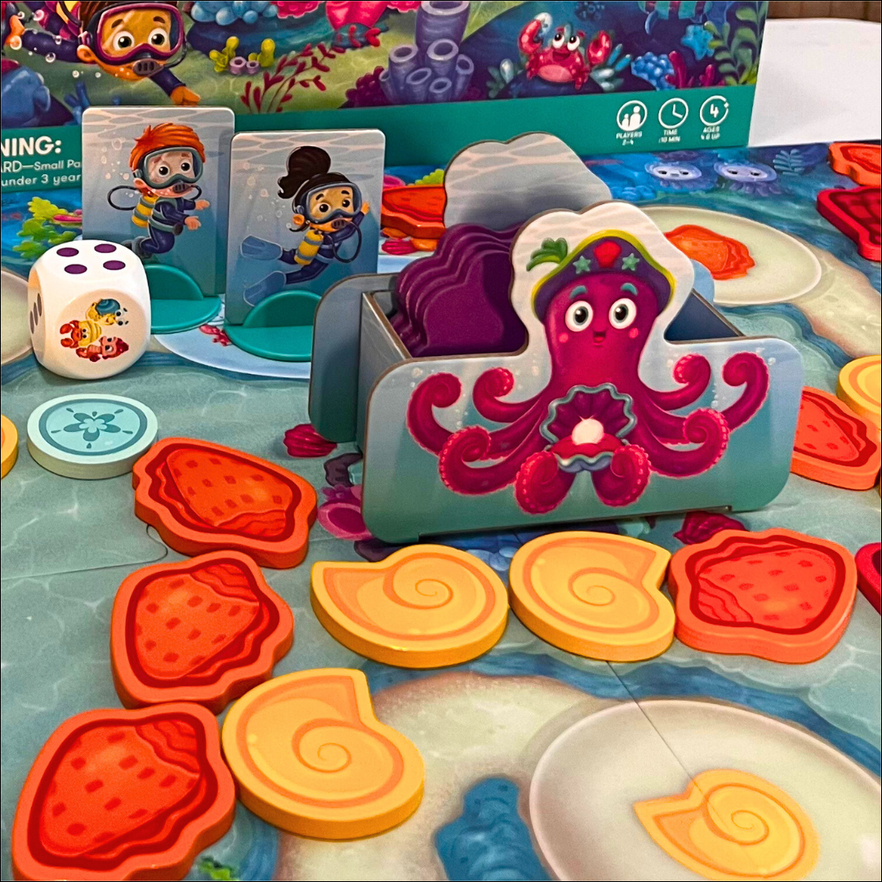
- Ages: 4+
- Players: 2-4
- Skills Practiced: Trading, Achieving Goals

- Ages: 4+
- Players: 2-5
- Skills Practiced: Matching, Focus, Self Control
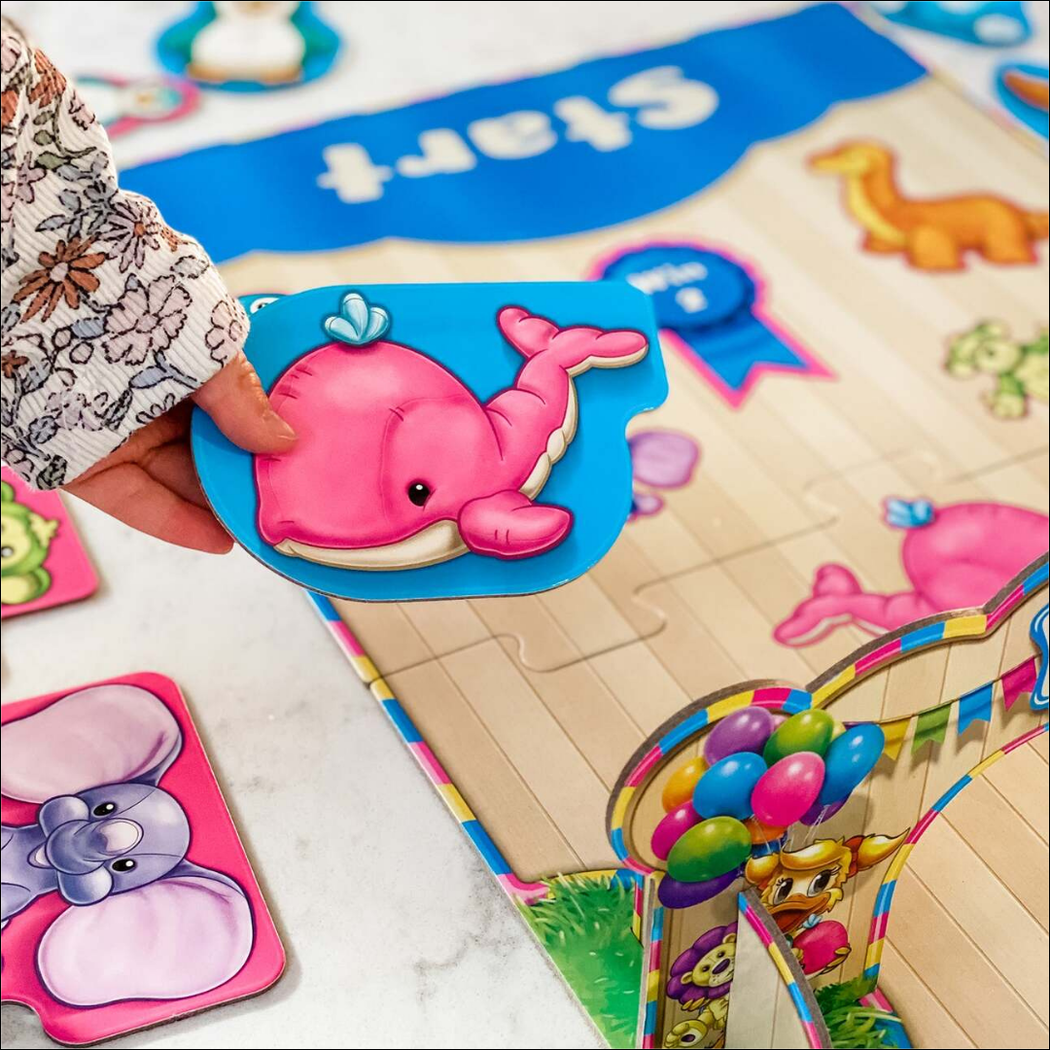
- Ages: 4+
- Players: 2-4
- Skills Practiced: Eye-Hand Coordination, Taking Turns

- Ages: 5+
- Players: 2-4
- Skills Practiced: Probability, Tactile Skills
Colorino
- Ages: 1+
- Players: 1
- Skills Practiced: Color-Matching, Fine Motor Skills, Sensory Perception
Count Your Chickens
- Ages: 3+
- Players: 2-4
- Skills Practiced: Cooperation, Counting
The Sneaky, Snacky Squirrel
- Ages: 3+
- Players: 2-4
- Skills Practiced: Colors, Matching, Fine Motor Skills
Don't Break the Ice
- Ages: 3+
- Players: 2-4
- Skills Practiced: Fine Motor Skills
Hoot Owl Hoot!
- Ages: 4+
- Players: 2-4
- Skills Practiced: Cooperation, Decision-Making
Robot Builders Board Game
- Ages: 5+
- Players: 2-4
- Skills Practiced: Counting, Matching, Strategic Thinking
Wake Up Stars
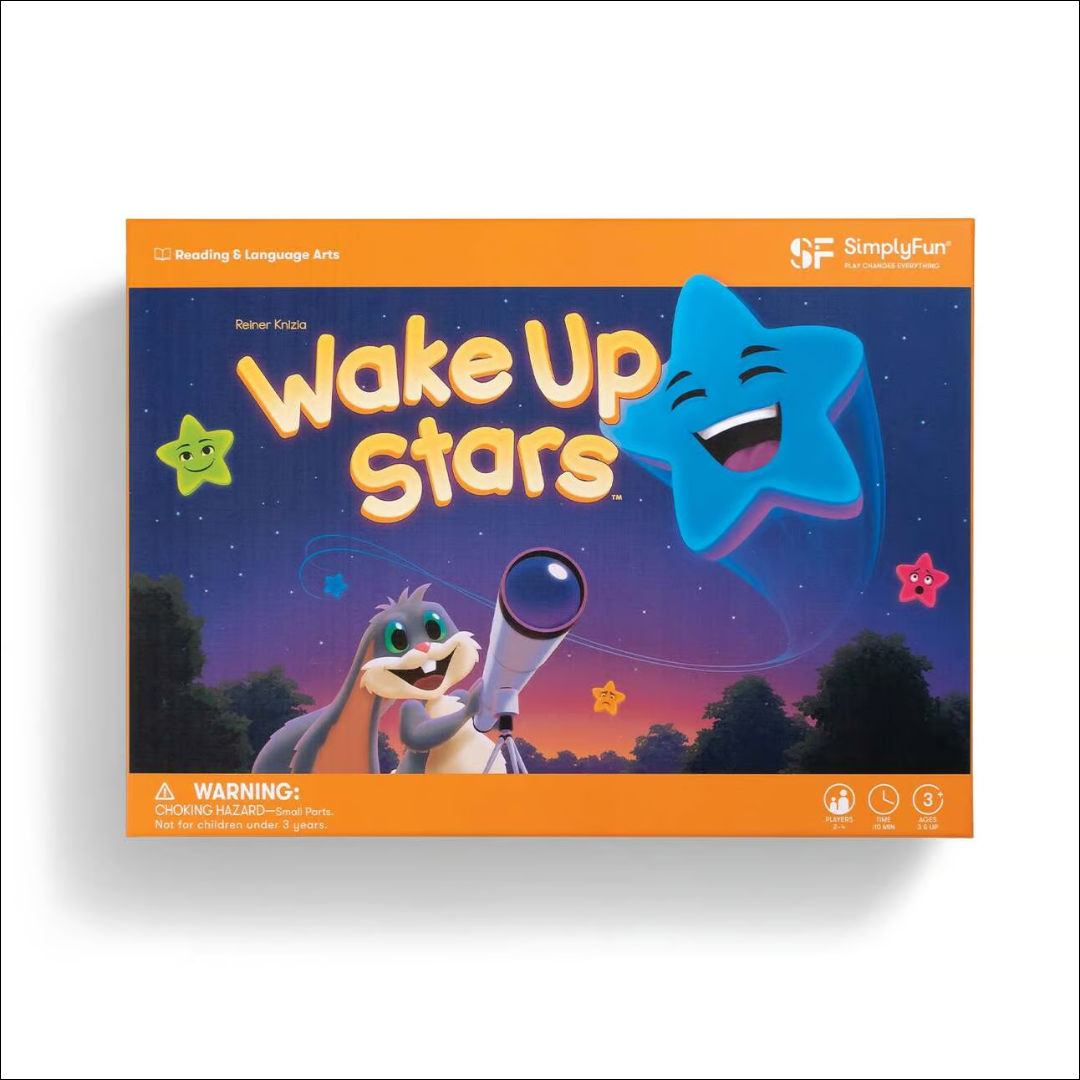
In Wake Up Stars, players practice recognizing emotions and sharing stories about when they felt these different emotions.
Subject: Emotions
Ages: 3+
Number of Players: 2-4
Skills Practiced: Storytelling, Communication, Social Relationships
Game Components:
- Large foam stars with different faces/emotions
- Thick, sturdy gameboards for each player
- Spinner
- Tibbar the Rabbit (one of SimplyFun’s characters)

Gameplay
Step 1: Spin the spinner
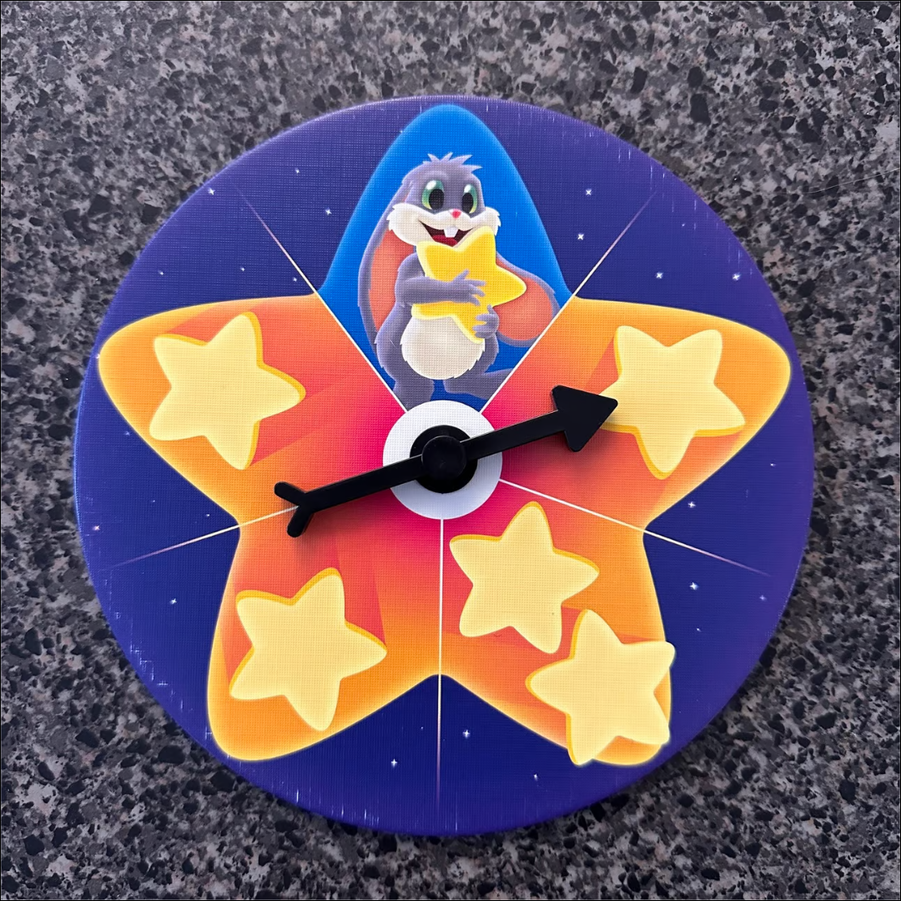
Step 2: Choose a star
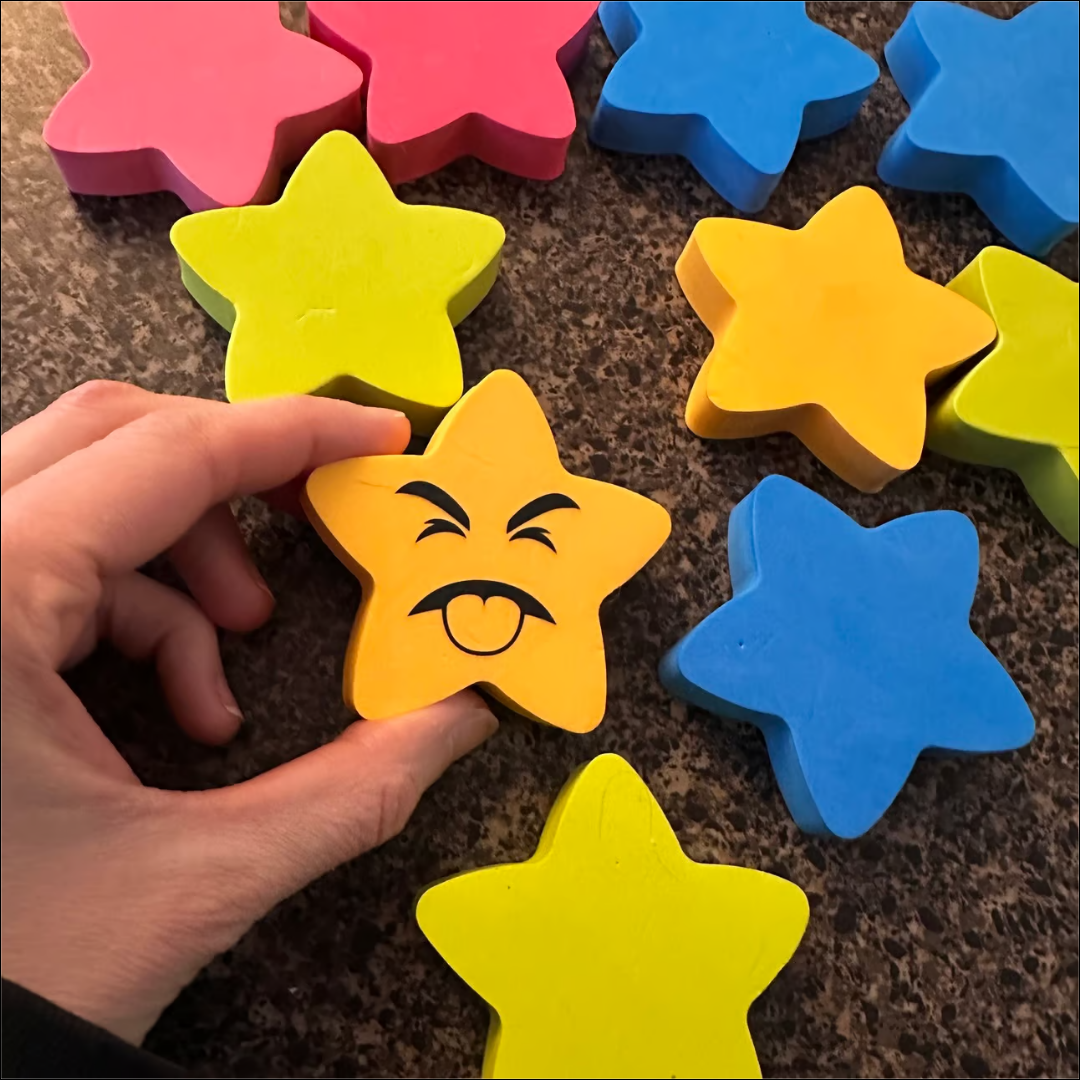
- Choose any star and flip it over so everyone can see it.
Step 3: Identify the emotion
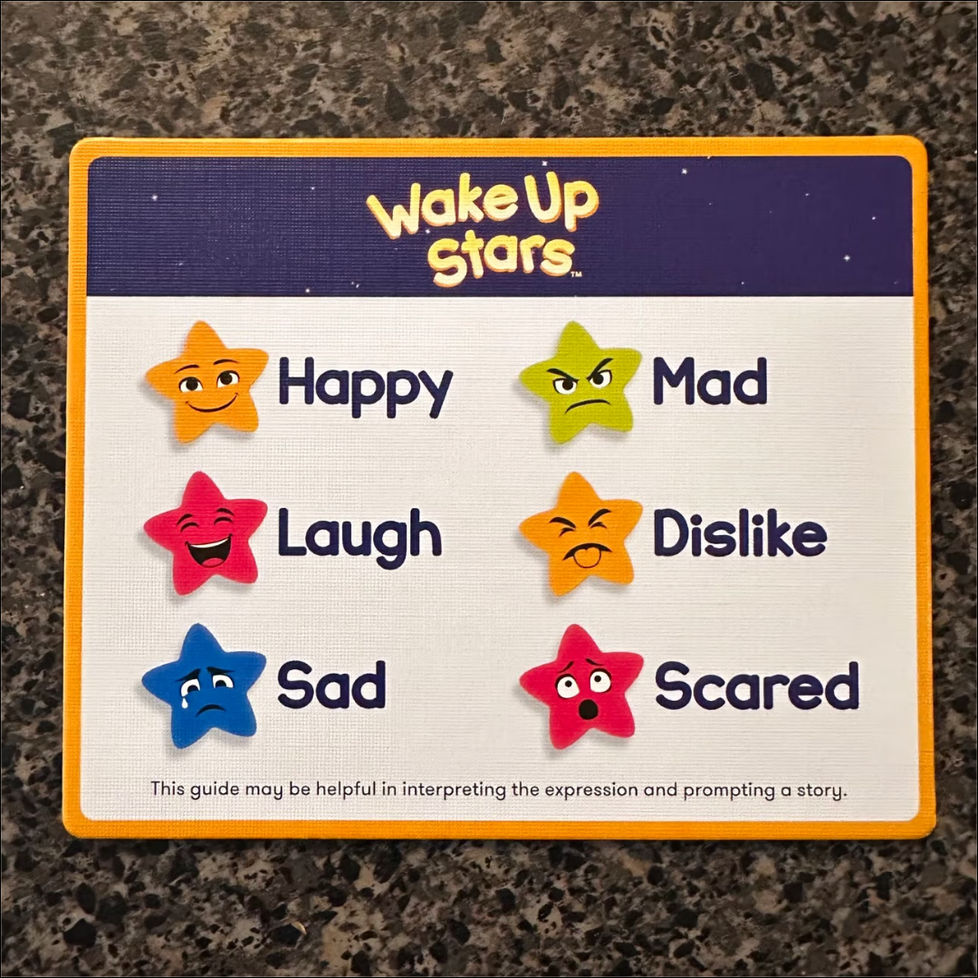
- Look at the emotions board to identify the star’s emotion.
Step 4: Tell a story
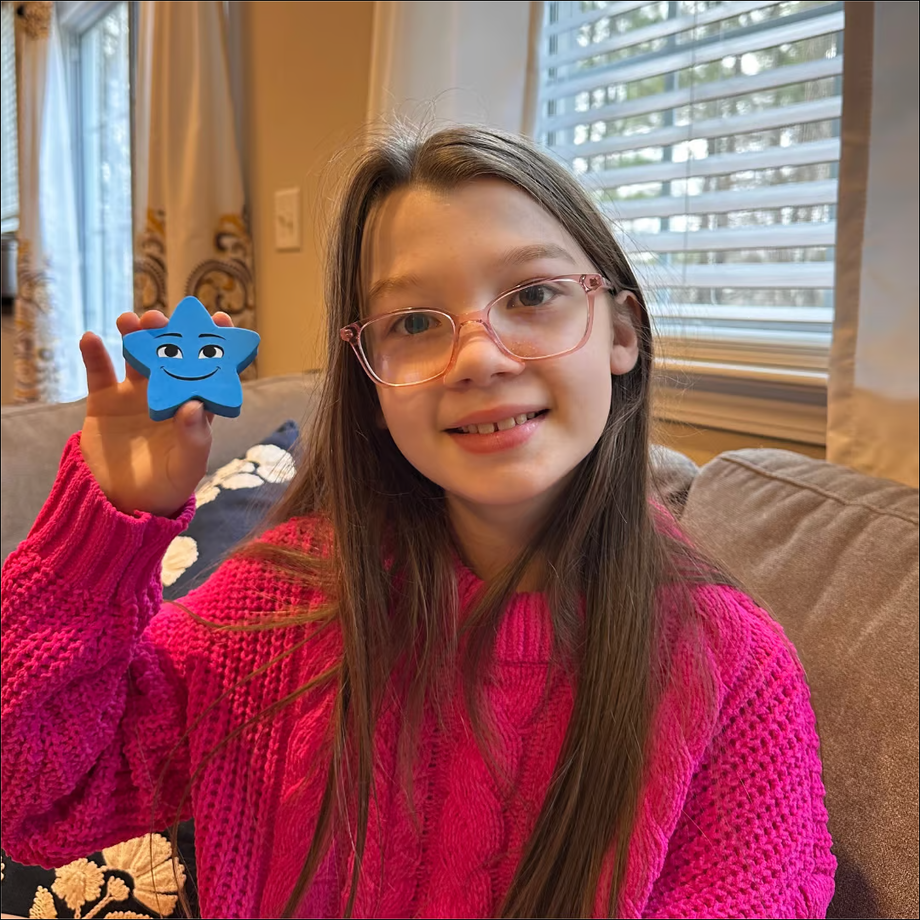
- Tell a story about when you felt this way.
Step 5: Place the star on your board
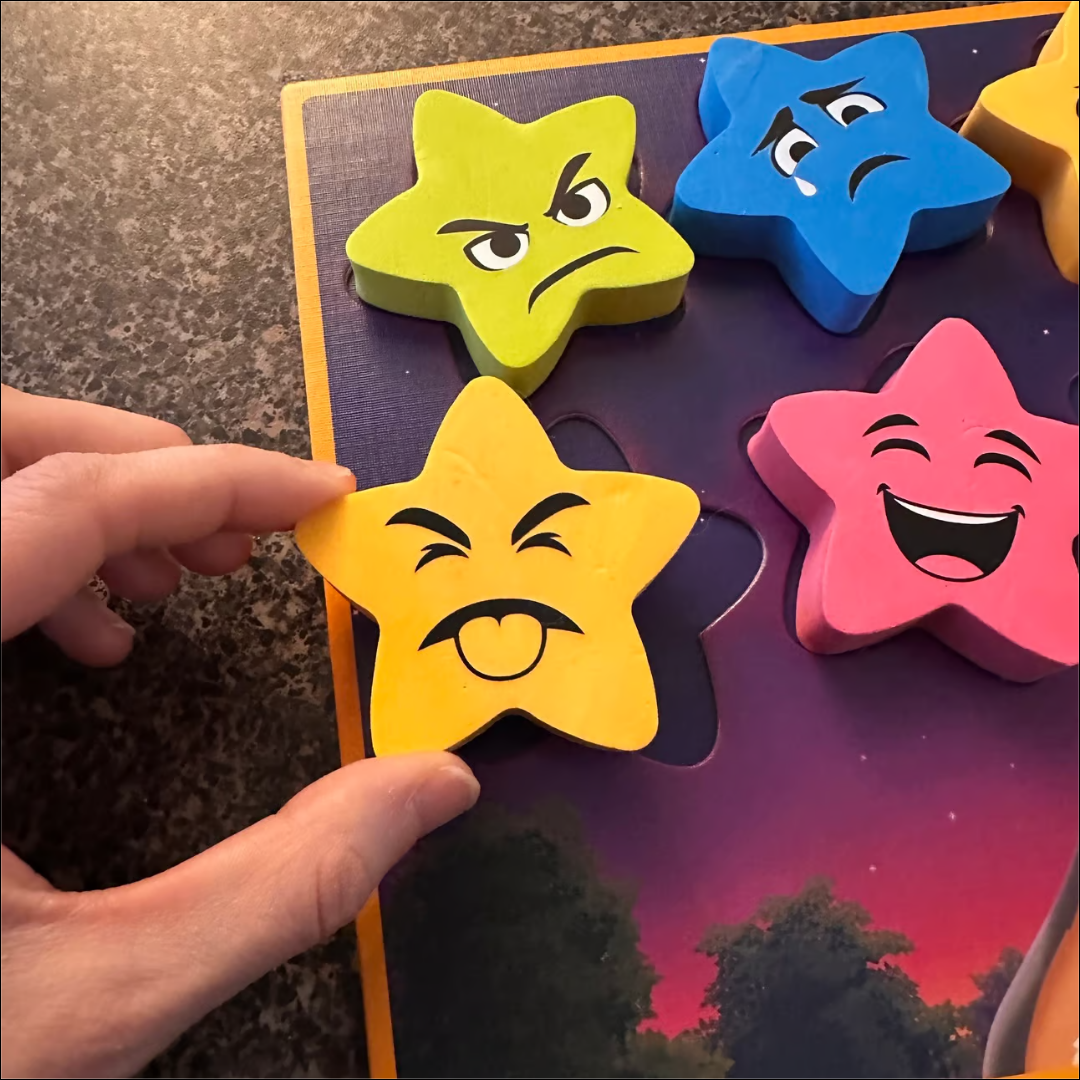
- After telling your story, place the star in any open space on your board.
Step 6: Spinning two stars
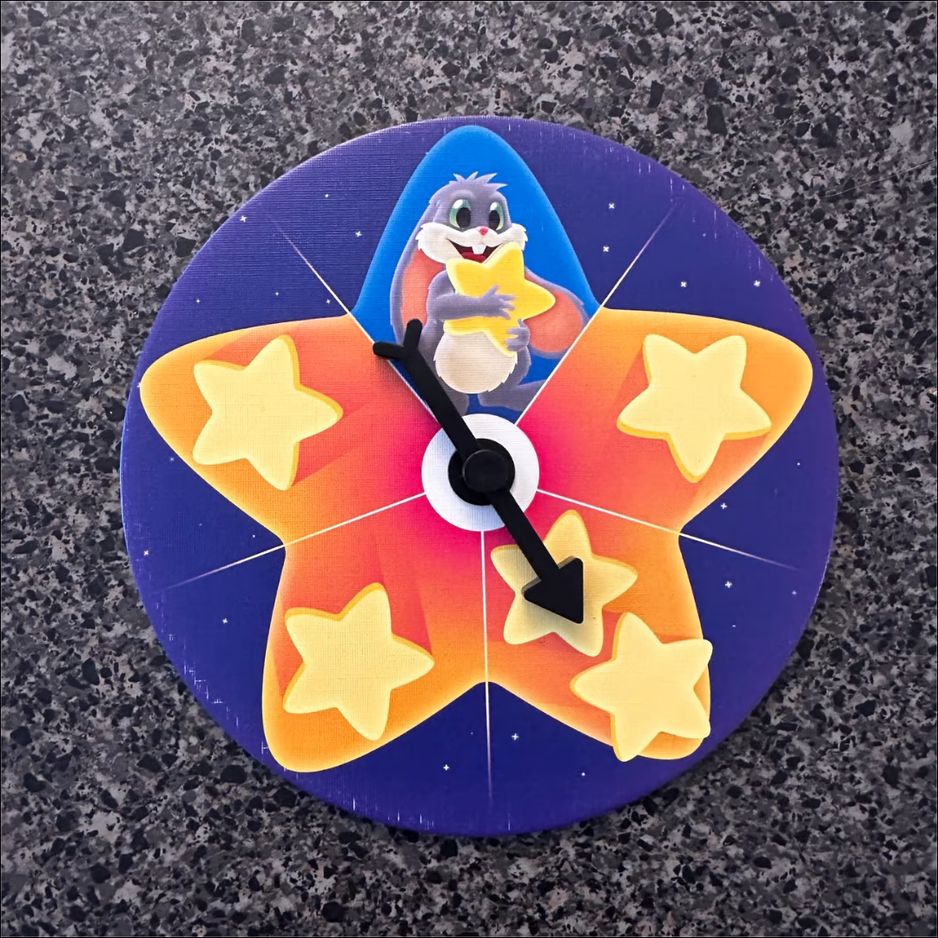
- If you spin 2 stars on the spinner, flip over two stars.
- Choose one to tell a story about.
- For the other star, make the face.
- Place both stars on your board.
Step 7: Spinning Tibbar
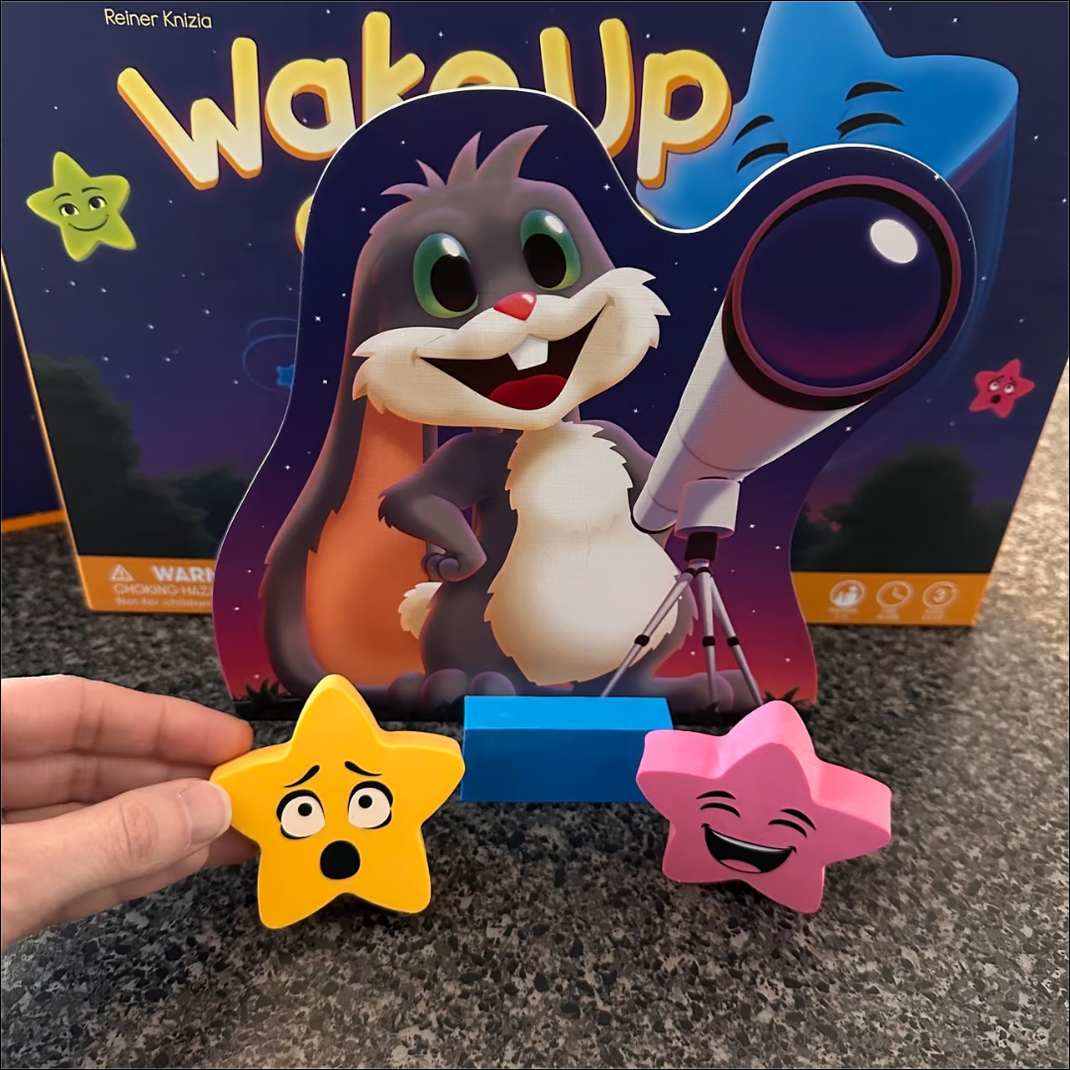
- If you spin Tibbar, flip over a star and make up a story about when Tibbar felt this way.
- Give the star to Tibbar.
You can find more modifications for special needs and autism on the game description page.
Why we love this game:
This is a simple gameplay, and the stars are large - great for little hands.
It gets kids talking about their feelings.
What to watch out for:
The stars are foam, so if you have biters in the house, you may want to wait until the child is of age (3 yrs).
See Wake Up Stars in Action
Looking for a different type of preschool game? Try Rooby’s ABCs or Watch My Wings.
Read: Games From the Heart by Matt Brown, member of SimplyFun's Play Advisory Council |
"In some ways, all games can involve social and emotional learning. At a minimum, you learn how to experience and manage the feelings of winning or losing. But at a maximum, games can be robust tools for experiencing and learning about a wide array of emotions as well as building connections with others in the game."
Where to Find It
You can find Wake Up Stars here!
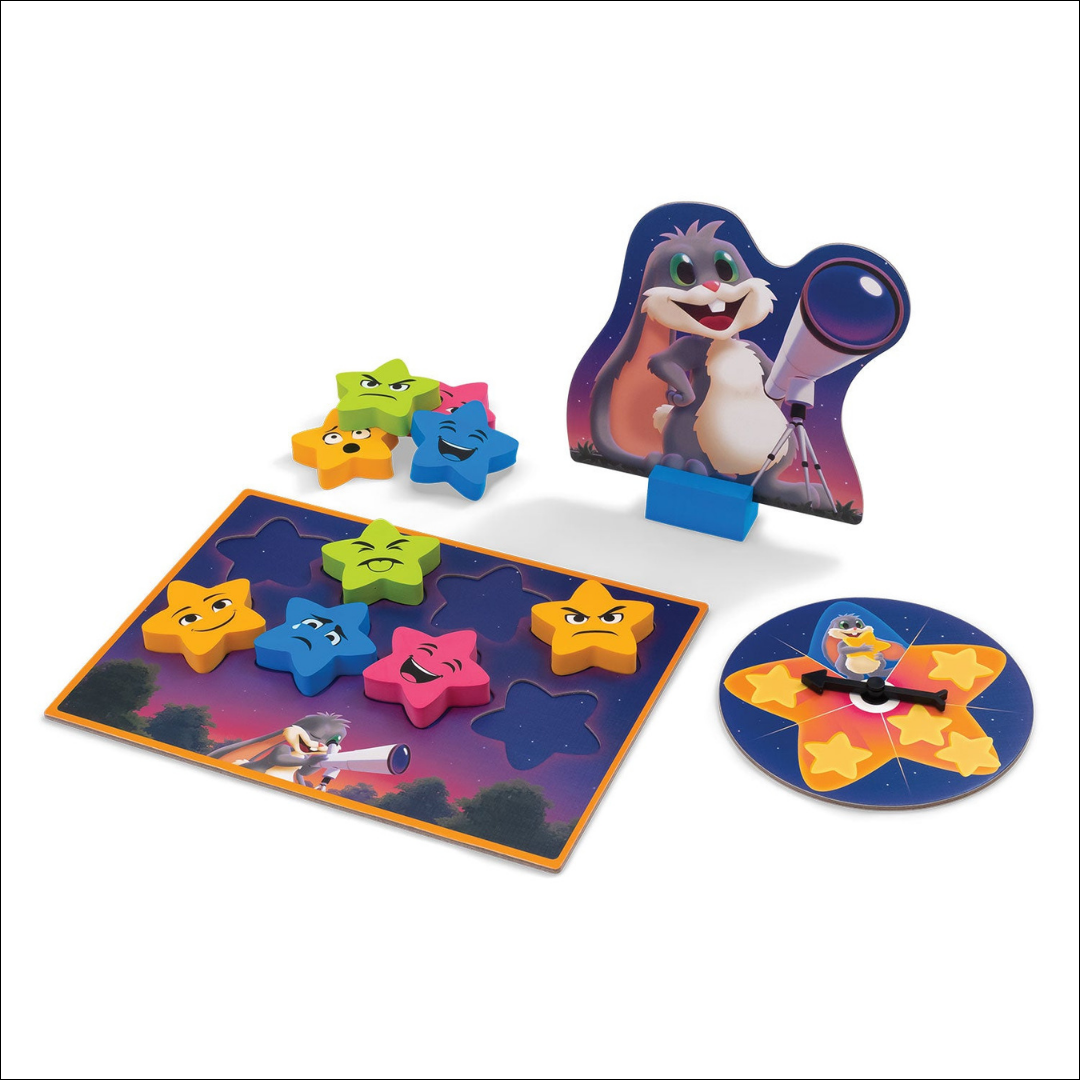
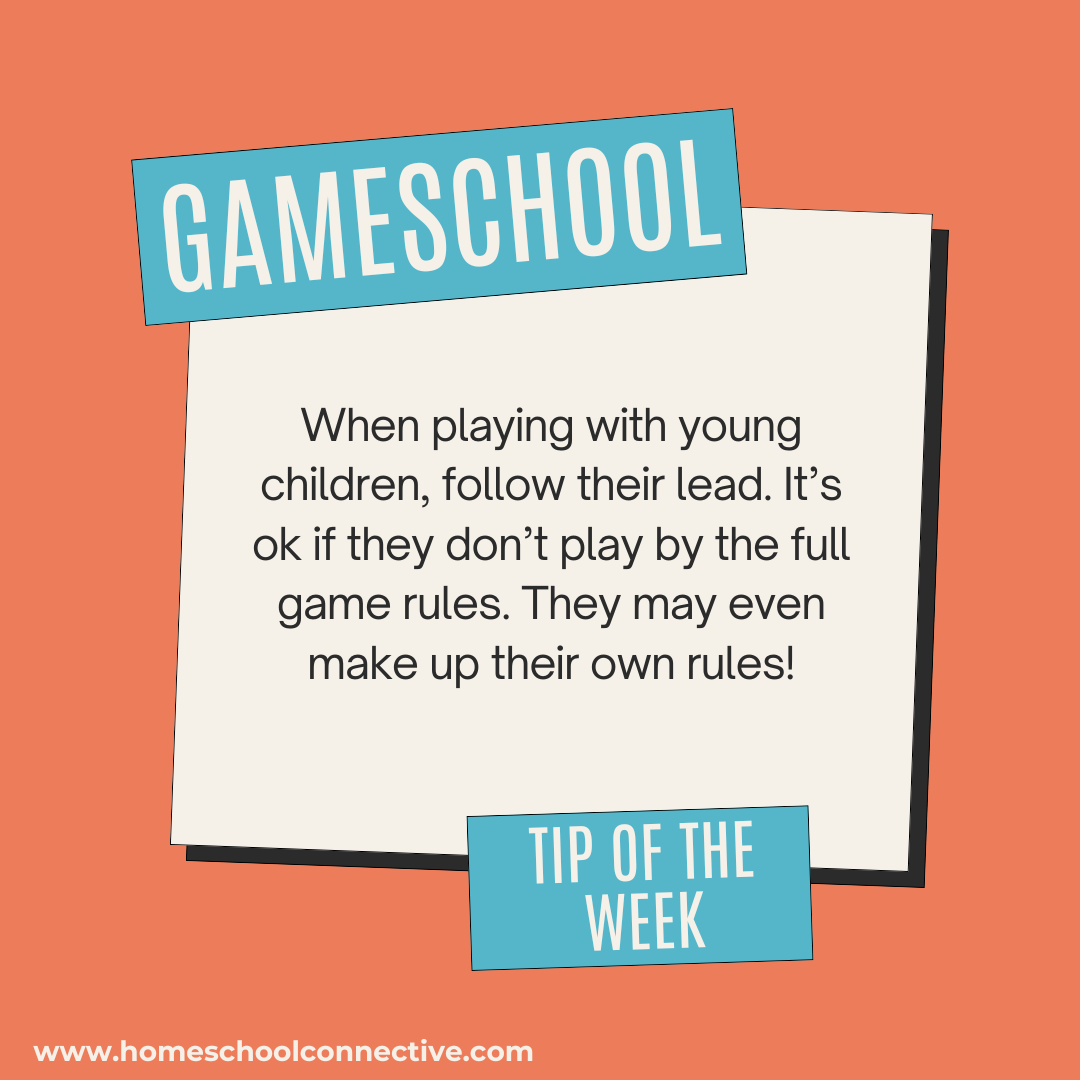
Gameschooling Tips for Preschool
Preschool is such a fun age! Kids are naturally curious about the world around them, and at 3-4 years old, they become more curious about things like language, social interactions, imagination, etc.
Although PLAYING is still their most important job, the preschool age is where we often put more focus on:
* Early reading skills
* Early math skills
* Early writing skills
* Problem-solving and critical thinking
* Simple science observations
* Understanding community and social interactions
* Fine motor skills
* Art/Creativity
* Social-emotional development
Games offer a hands-on approach to building these foundational skills.
Our Advice:
- Focus on skills, not winning
- Bring the energy! Energy is contagious.
- Games don’t need to be a big event. You can pull one out for snack time or other quiet times.
- Be patient with short attention spans. Understand that they may or may not be able to sit and play a full game.
- Celebrate small wins. Point out what they’ve accomplished.
- It’s ok if they lose. It’s ok if they get angry for losing. Talk about their feelings. Tell them it’s ok to be angry. But don’t always let them win.
- If they aren’t ready for the full gameplay and rules, let them naturally play the game their way. This may look something like stacking up the game components or role playing with the animal pawns. That’s ok! They will eventually play by the “rules” of the game. Your job is to get them familiar with the game, even if they play it their own way.
Fun Extras
